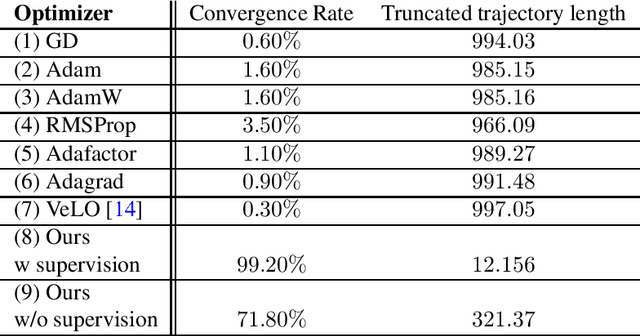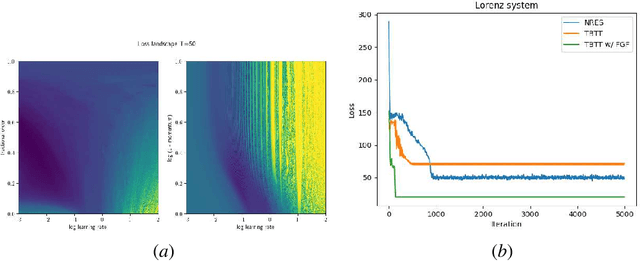Teodor Alexandru Szente
Applications of fractional calculus in learned optimization
Nov 22, 2024


Abstract:Fractional gradient descent has been studied extensively, with a focus on its ability to extend traditional gradient descent methods by incorporating fractional-order derivatives. This approach allows for more flexibility in navigating complex optimization landscapes and offers advantages in certain types of problems, particularly those involving non-linearities and chaotic dynamics. Yet, the challenge of fine-tuning the fractional order parameters remains unsolved. In this work, we demonstrate that it is possible to train a neural network to predict the order of the gradient effectively.
SPHEAR: Spherical Head Registration for Complete Statistical 3D Modeling
Nov 04, 2023



Abstract:We present \emph{SPHEAR}, an accurate, differentiable parametric statistical 3D human head model, enabled by a novel 3D registration method based on spherical embeddings. We shift the paradigm away from the classical Non-Rigid Registration methods, which operate under various surface priors, increasing reconstruction fidelity and minimizing required human intervention. Additionally, SPHEAR is a \emph{complete} model that allows not only to sample diverse synthetic head shapes and facial expressions, but also gaze directions, high-resolution color textures, surface normal maps, and hair cuts represented in detail, as strands. SPHEAR can be used for automatic realistic visual data generation, semantic annotation, and general reconstruction tasks. Compared to state-of-the-art approaches, our components are fast and memory efficient, and experiments support the validity of our design choices and the accuracy of registration, reconstruction and generation techniques.
 Add to Chrome
Add to Chrome Add to Firefox
Add to Firefox Add to Edge
Add to Edge